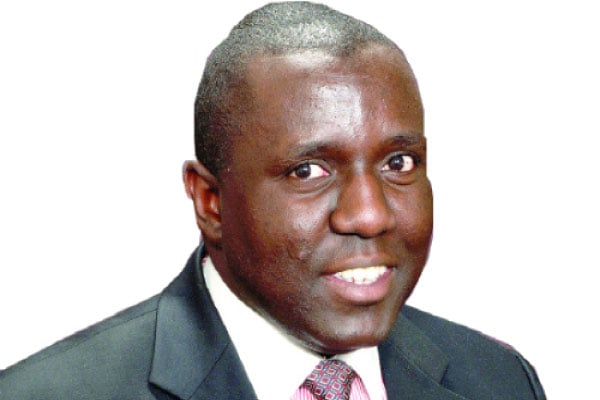Covid emphasizes Uganda’s underbelly

Author: Mr Karoli Ssemogerere is an Attorney-at-Law and an Advocate.
Covid-19 is a global pandemic, it is not a local problem. Uganda, Kenya, Rwanda are all registering an upsurge in the number of cases. Various variants have landed in East Africa registering a backwind on wetter weather after a brief dry spell in the first quarter. Covid-19 is a form of flu similar to influenza surges in fall and winter weather in the northern hemisphere. The pandemic hit the Western hemisphere very hard in the fall and the winter.
Uganda’s intervention tools have been mixed in terms of success. Today, we are entering the third week of a lockdown and partial shutdown of government and business operations. The lockdown is a necessity because our health infrastructure is overwhelmed. Some good things may come out like an emphasis on the return to basics, reforming our national healthcare system to ensure people can get equitable treatment in government facilities all over the country. Some form of capacity exists, but leakages from the system in the form of private clinics, private pharmacies that feed off of the public system make distribution of equipment and medicines more difficult.
Covid has also emphasised the need to return to basics of research and experimentation. Years of loading up on western medicines have muted local capacity and a true indigenous pharmaceutical industry. The complacency may have been driven by the elimination of the six killer diseases by massive vaccination after 1985 promoted by UNEPI, the now defunct United Nations Expanded Programme on Immunisation but one of the key tasks in the immediate term is localizing research and creating additional capacity to produce generic drugs in the country. Being a virus, Covid must be attacked two prong, first by changes in lifestyle to bolster body immunities and reducing chronic illnesses but by also creating domestic anti-retroviral capacity to fight the flu.
Sadly, Covid is only the latest escalation in a series of “new highly infectious diseases”. Starting with HIV in 1981, these viruses have now concentrated on the most sensitive part of the body, the respiratory tract. The serious respiratory disorders have been attacking closed pockets like Ebola and SARS. Any breach of the respiratory function is bad news for the body especially where other body functions like waste removal which rely on oxygen are affected by other chronic illnesses. The new Covid variants are worse news because they are affecting the younger population which has considerably less immunity than the millennium generation or its predecessors born before 1990.
The Ministry of Health must urgently restore the national public health service to surveil new threats at the grassroots. This public health service will relieve healthcare centres and hospitals which cannot handle both the pandemic and their normal load where they are overcrowded and overwhelmed in times of normalcy. Routine and referred patients are at a loss and scared of accessing these facilities for fear of Corvid infections.
The Ministry of Health should also implement life insurance coverage for health workers. This time around after losing many doctors in the first wave that hit Uganda late last year, doctors are reluctant to physically attend to patients. The word “attending” has been replaced with “consultation”. The long list of doctors who fell to Covid also included doctors in non-Covid environments like labor suites attending to birth of babies.
Lastly, Covid is calling for an overhaul of many standards. In Uganda’s uncertain economic times, the “invisible” market forces have manipulated the national healthcare system. One in particular are false PCR tests which tests by now should be devised locally. In this wave, Covid was apparently accompanied by a very bad flu which eventually turned out to be Covid itself. The invisible forces should be attacked by rigorous inspections and standards by the Ministry, National Drug Authority to curb exploitation of the population.
Like most healthcare systems, the very rich and the very poor routinely receive the worst healthcare. At the top, profit maximization favours exorbitant charges, excessive medication from which the human body is unable to recover. At the bottom of the pile insufficient care or attention causes mortality for easy to treat everyday symptoms or conditions like heart attacks, insulin collapse etc. The very rich should have realized by now that being airlifted to Nairobi in a pressure compressed air cabin is worse than being put on an oxygen cylinder at home.
May God save our people.
Mr Ssemogerere is an Attorney-At-Law and an Advocate.




